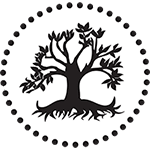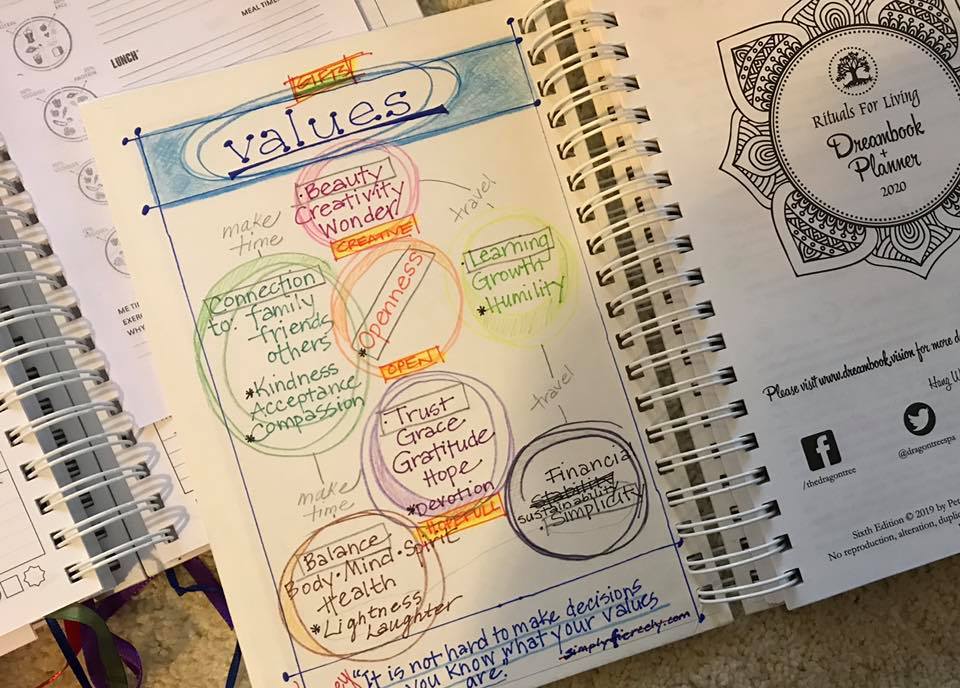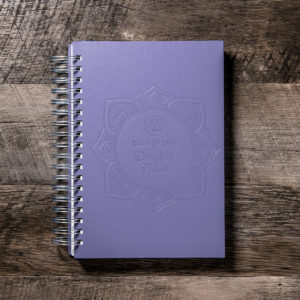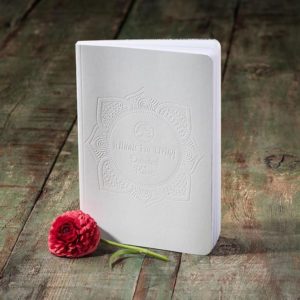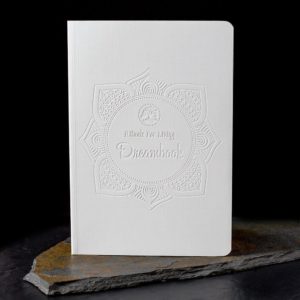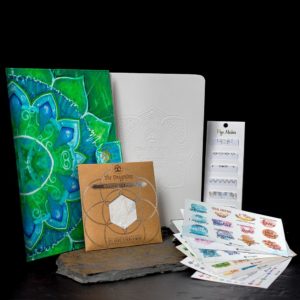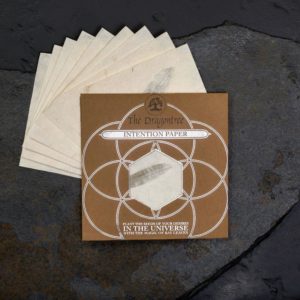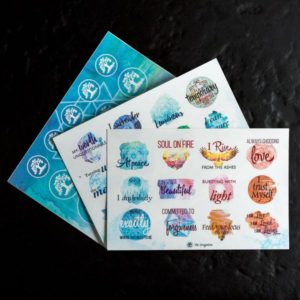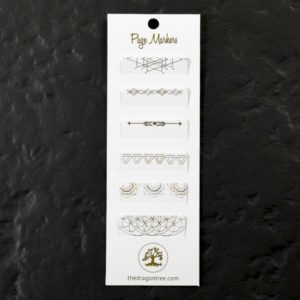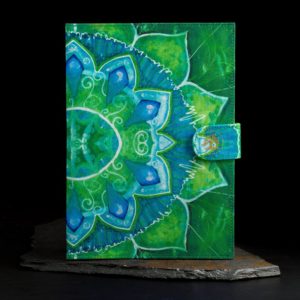Every year we collect more and more stories from people who have used The Dreambook to achieve clarity about what kind of life they want to create and then made it a reality. Maybe because of the craziness of 2020, there’s been a big surge of interest in the book this year, so I decided to share a little about what makes it special.
In a time of such uncertainty, many of us tend to abandon long-term and even medium-term plans, just focusing instead on getting through each day. Unfortunately, this isn’t really the same as living in the present moment, and that’s where the richness of life dwells. If there were ever a time to live for the present, it’s now.
While the Dreambook is designed to help people with 1-year, 3-year, 10-year, and lifetime goals, our overarching intention is to help people enrich the journey rather than the destination. The journey is always happening, so it needs to be as full of the good stuff as we imagine the destination will be.
Thich Nhat Hanh’s discussion on washing the dishes is one of the most quoted passages on the topic of mindfulness, but I could hear it and share it a million times: “There are two ways to wash the dishes. The first is to wash the dishes in order to have clean dishes and the second is to wash the dishes in order to wash the dishes. . . . If while washing the dishes, we think only of the cup of tea that awaits us, thus hurrying to get the dishes out of the way as if they were a nuisance, then we are not ‘washing the dishes to wash the dishes.’ What’s more, we are not alive during the time we are washing the dishes.”
The consequences of mindlessly washing the dishes may be minor, but what about the consequences of mindlessly eating, mindlessly doing our job, mindlessly playing with our kids, or mindlessly conversing with our partner? A life without our presence – because we’re just trying to get through it – is devoid of the magic, connection, and grace that make it worth living.
There are a number of ways to change this outcome-focused orientation. One of the most potent, which we share in the Dreambook, is identifying your life purpose.
When you have a purpose, you’re conscious that you’re serving a bigger function than meeting your own needs. When you’re “on purpose,” energy arises to support your work. Opportunities appear everywhere. And, most importantly, you spend more of your life right here, right now, alive and clear.
Various methods exist for determining your life purpose, but when it comes down to it, it’s a matter of intuiting what you’re meant to do, feeling it out, and choosing to pursue it. It’s okay if you later decide to modify that choice.
We have a more involved process in the Dreambook, but for today let’s see what comes to you with just a few minutes of contemplation. Grab a pen and paper and write a few sentences in response to these questions:
What times and places in your life have you felt you were making a meaningful contribution?
What inspires you?
What would people say your strengths are?
When/how do you feel called to serve humankind or the planet?
What are your highest values (e.g., kindness, generosity, honesty, service, integrity, beauty, etc.)?
Based on these responses, craft a statement that conveys how you intend to serve the world. Here are some examples:
- My purpose is to help people heal through creative expression.
- My life purpose is to build healthy communities.
- My purpose is to help people use their voices and awaken their power.
- My purpose is to facilitate playfulness in adults.
- My purpose is to teach people how to live in harmony with the environment.
- My purpose is to help people actualize their potential.
Don’t worry about getting the statement perfect on the first round. For now, choose a statement of life purpose and read it out loud and with intention. How does that feel? Ideally, making this statement should feel powerful and right, or as my friend Reuvain puts it, it should feel like a “Hell yeah!”. It might even give you goosebumps or tingles. If it feels a bit intimidating, that’s ok, too, as long as it also feels true.
If it doesn’t feel like a “hell yeah!” change some of the wording. Consider making it less specific. For instance, if a statement such as, “My purpose is to help children to become healthy adults by learning to process their emotions” doesn’t feel as inspiring as you hoped, you could start by broadening it to something like, “My purpose is to help children process their emotions,” or even just, “My purpose is to help children.” Just get it as accurate as you can manage and then write it down. I recommend writing it in a special way on a nice piece of paper. Put it somewhere where you’ll see it and say it every morning.
More importantly, try to keep it in mind throughout your day, applying it as often as you can. Use the Dreambook to integrate it into your weekly planning process and your goals. You can also use the Habit Tracking function to help you remember and assess your progress.
What changes when you’re on purpose? Is it easier to make decisions? Do people respond differently to you? Is there more energy available? Consciously living your purpose is the only way to know if it’s right. As you live your purpose, you’ll get insights that will help you refine your purpose statement. I’d love to hear about your experience with this process.
Be well,
Peter
P.S. My life purpose to love, heal, and awaken myself and the world. I hope I’ve served that purpose today!
